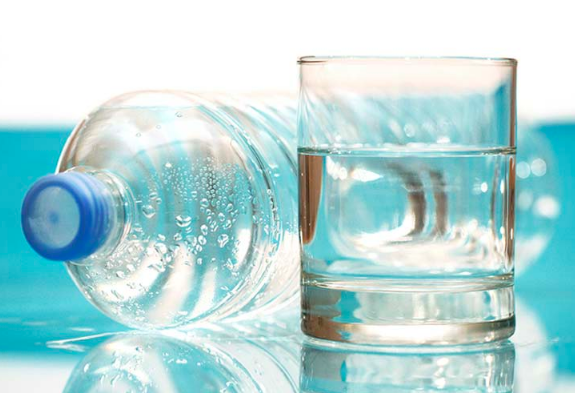Understanding Hydration
Katie Noble, SPCNM Graduate Practitioner 2019
It is a well-documented fact that the human body is approximately 60% water. It is essential for our optimal function specifically for:
- Brain function: adequate hydration improves concentration, cognition and memory function and may be helpful with stress management and balancing moods and emotions
- Digestion: Water is the basis for saliva which is the first step in our digestive process, breaking down food in the path to nutrient absorption. The other end of the digestive process is the elimination of waste which leaves us as sweat, urine and faeces, all largely composed of water. A lack of water can stunt this process and cause constipation and re-absorption of the products we are desperately trying to get rid of.
- Skin health: water is needed to flush out impurities, moisturize your skin and improve elasticity. When we are dehydrated our skin can look dull and dry.
8 glasses a day has been widely recommended as long as I can remember, but the source of this blanket prescription, regardless of body size and activity, has no scientific basis. Theories suggest it may have come from a 1945 report based on 1ml water per calorie consumed per day, or from a 1974 book from nutritionist Dr. Frederick Stone who recommended 6-8 glasses a day were needed. In both of these cases it was acknowledged that we still get a large amount of water from our food especially with a diet high in fruits and vegetables.
There is no doubt that even mild dehydration can cause fatigue, constipation, an increased risk of kidney stones, headaches and impaired mood. Rather than sticking to a hard a fast rule, which can create another potentially stressful “should” in our lives, we should really let our bodies guide us.
There are clear signs when you are not drinking enough water:
- You are thirsty!: If you are thirsty then you definitely need to be drinking more water. It is better to spread water intake throughout the day rather than drinking large quantities when you are thirsty.
- Your urine is dark in colour: or strong smelling. It should be a pale yellow, not clear which is a sign of overhydration which can be a stressful state for the body. Be aware that vitamin supplements can change the colour of your urine.
Overhydration is stressful state for the body and can result in a reduction of salt and mineral levels in our blood and body fluids which can also cause headaches; nausea; cold hands and feet; and mood changes particularly anxiety and panic attacks.
A good way to approach water intake is to have a glass on waking, and then a glass every couple of hours during the day, listening to your body and responding to its cues. A more active person is going to have higher water needs, size is relevant as is ambient temperature. Be wary of the diuretic effect of coffee and alcohol, and make sure you follow up a coffee with some water and include water in between alcoholic drinks.
If you are finding you are still thirsty after drinking water your body may need some additional support with electrolytes to help with the absorption. A dehydrated human body can be a little like a dry pot plant with the water just running straight through. This homemade electrolyte drink, thanks to Nicola Lincoln from Halo Health is a good option.
Make up a jug and sip away during the day
- 1 Litre of filtered water (or coconut water or combination of both)
- Freshly squeezed lemon juice (1 lemon or lime)
- 1 teaspoon of raw honey
- 1/8 to ¼ teaspoon of Celtic or Himalayan salt
- 1 tablespoon Braggs apple cider vinegar
References
Armstrong, L. E., Ganio, M. S., Casa, D. J., Lee, E. C., McDermott, B. P., Klau, J. F., … & Lieberman, H. R. (2011). Mild dehydration affects mood in healthy young women. The Journal of nutrition, 142(2), 382-388. doi: 10.3945/jn.111.142000
Ganio, M. S., Armstrong, L. E., Casa, D. J., McDermott, B. P., Lee, E. C., Yamamoto, L. M., … & Chevillotte, E. (2011). Mild dehydration impairs cognitive performance and mood of men. British Journal of Nutrition, 106(10), 1535-1543. doi: 10.1017/S0007114511002005
Orthoplex. (2018). Holistic health: Embracing wellness from the inside out. Queensland, Australia: Bio Concepts Pty Ltd.
Palsdottir, H. (2016). Drink 8 glasses of water a day: Fact or fiction?. Retrieved from https://www.healthline.com/nutrition/8-glasses-of-water-per-day#section1
Vivanti, A. P. (2012). Origins for the estimations of water requirements in adults. European Journal of Clinical Nutrition, 66(12), 1282. Retrieved from https://www.nature.com/articles/ejcn2012157




